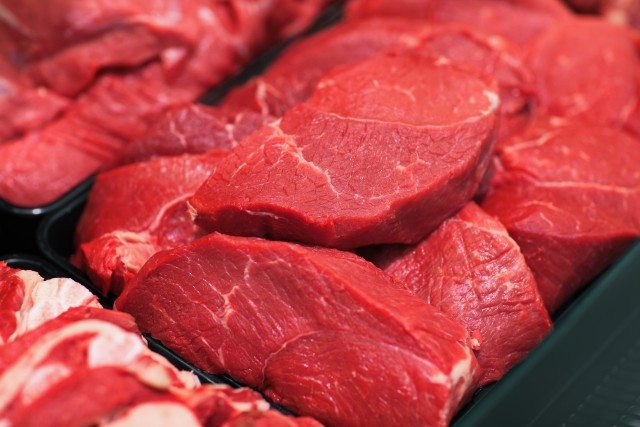The PhD project has, among other things, shown which components of the immune system are likely involved in the development of colon cancer, and that red meat and dietary fiber interact with these components to increase and decrease the risk of colon cancer respectively.
The human genetic composition and diet and lifestyle factors have an influence on the risk of developing cancer.
A PhD project from the National Food Institute, Technical University of Denmark, has examined the underlying mechanisms why some people develop specific types of cancer when for instance consuming red meat and alcohol, and similarly why dietary fiber protects against certain cancer types.
More knowledge about the interplay between genetics and environmental factors can be used to improve public dietary recommendations and preventive health strategies.
The prevalence of cancer in the Western World has increased steeply over the past 50 years.
Prostate, breast and colon cancers are three of the most prevalent cancer types in Denmark, and genetics is a contributing factor in 42%, 27% and 35% of these cases respectively.
Studies have also shown that several dietary and lifestyle factors – such as intake of red meat and alcohol, smoking and obesity – are important risk factors in the development of these cancers.
In her PhD project at the National Food Institute, Tine Iskov Kopp has based her studies on people’s different genetic composition and the interplay between genes and intake of red meat, alcohol, dietary fiber and painkillers.
The environmental factors have been used to reveal which biological mechanisms are involved in the development of cancer with regard to the specific risk factors
Through her research, Tine Iskov Kopp has produced important knowledge about the biological mechanisms underlying the development of the three cancers she has studied.
The PhD project has, among other things, shown which components of the immune system are likely involved in the development of colon cancer, and that red meat and dietary fiber interact with these components to increase and decrease the risk of colon cancer respectively.
It also appears that the use of painkillers affects these mechanisms.
More knowledge, better public health strategies
However more studies are necessary to establish whether and how the identified biological mechanisms and intake of red meat are associated with respect to increasing the risk of colon cancer.
Further studies could also be used to clarify whether the intake of red meat in itself is carcinogenic or if it is the preparation method or the general lifestyle associated with a high meat intake.
The same applies to intake of dietary fibers and their protective effect against the development of colon cancer.
More knowledge about these associations could lead to improving dietary recommendations and preventive health strategies.
Story by Miriam Meister from the Technical University of Denmark










